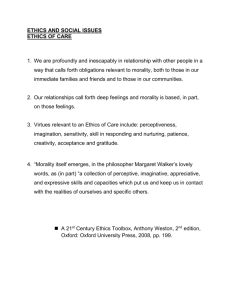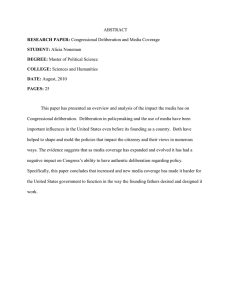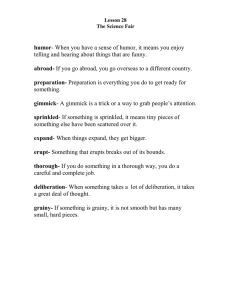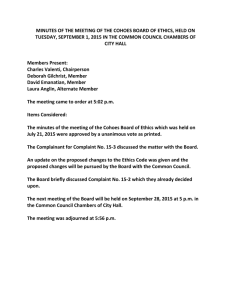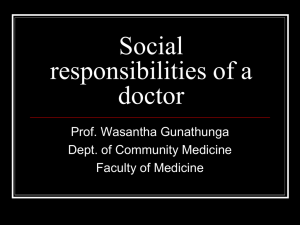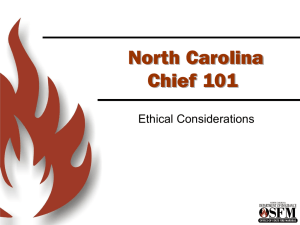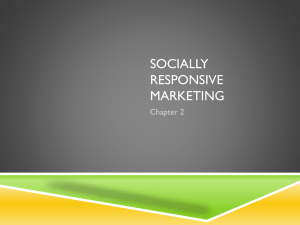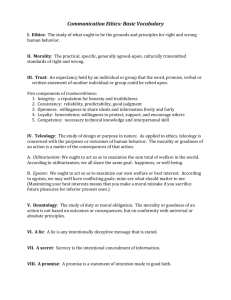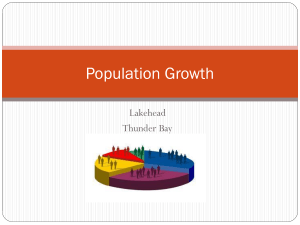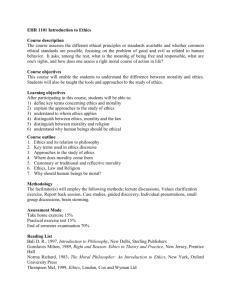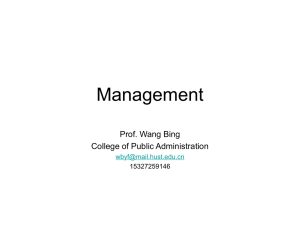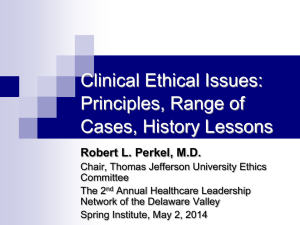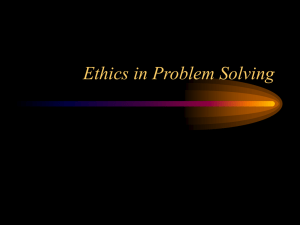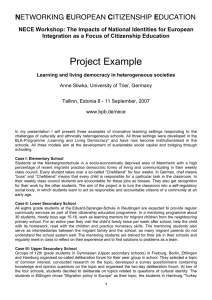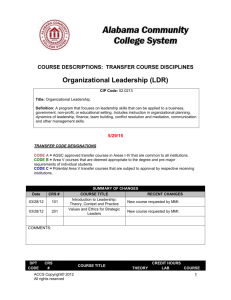Ethics workshop 2012
advertisement
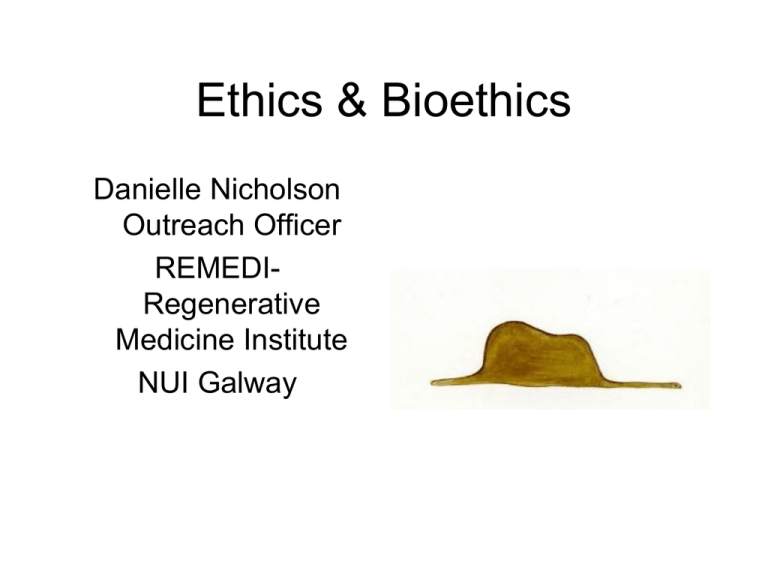
Ethics & Bioethics Danielle Nicholson Outreach Officer REMEDIRegenerative Medicine Institute NUI Galway What is ethics? • Ethics = morality • Morality is a unique feature of humans -Influenced by cultural factors- i.e. history, traditions, education, religion, etc -But we share some universal experiences of duty- i.e. tell the truth, do not harm others, do not steal, etc • Goal –To intellectually analyze the human dimension in all of its complexity Decision making and ethics: ‘Ethical reasoning’ 1. Fact deliberation 2. Value deliberation 3. Duty deliberation 4. Testing consistency 5. Conclusion Bioethics- the bridge between facts and values • During the second half of the 20th century, knowledge and technical power in biological sciences had been increasing continuously but reflection about the values at stake had not progressed in the same proportion. UNESCO’s 15 Bioethical principles Human dignity & human rights Benefit & harm AutonomyConsent individual responsibility Persons without the capacity to consent Human Privacy / Equality, vulnerability Confidenti- Justice, & personal ality Equity integrity NonRespect discrimination for cultural diversity Solidarity & Social Sharing of cooperation responsibility benefits & health Protecting future generations Protecting biodiversity, biosphere & environment Ethics Committees • Conflicts often arise when people are entitled to decide and take part in decision-making processes • Conflicts are more frequent as respect for human freedom and moral diversity increases • Collective deliberation- the main purpose of ethics committees Advice for collective deliberation… • Don’t fear the ‘slippery slope’ • Strive to make decisions that will protect future generations • Consider various perspectives • Be brave! Thank you for your attention!
